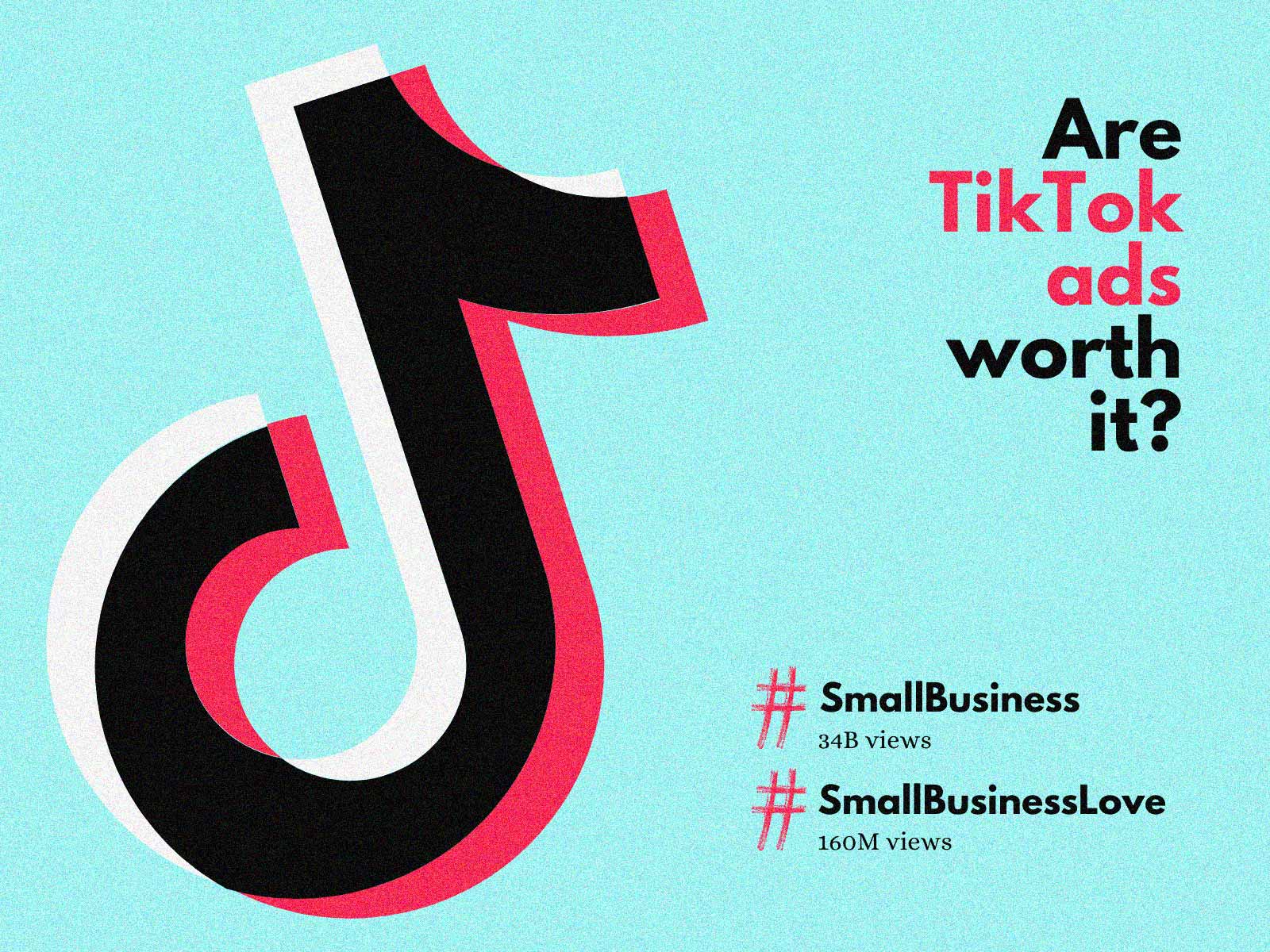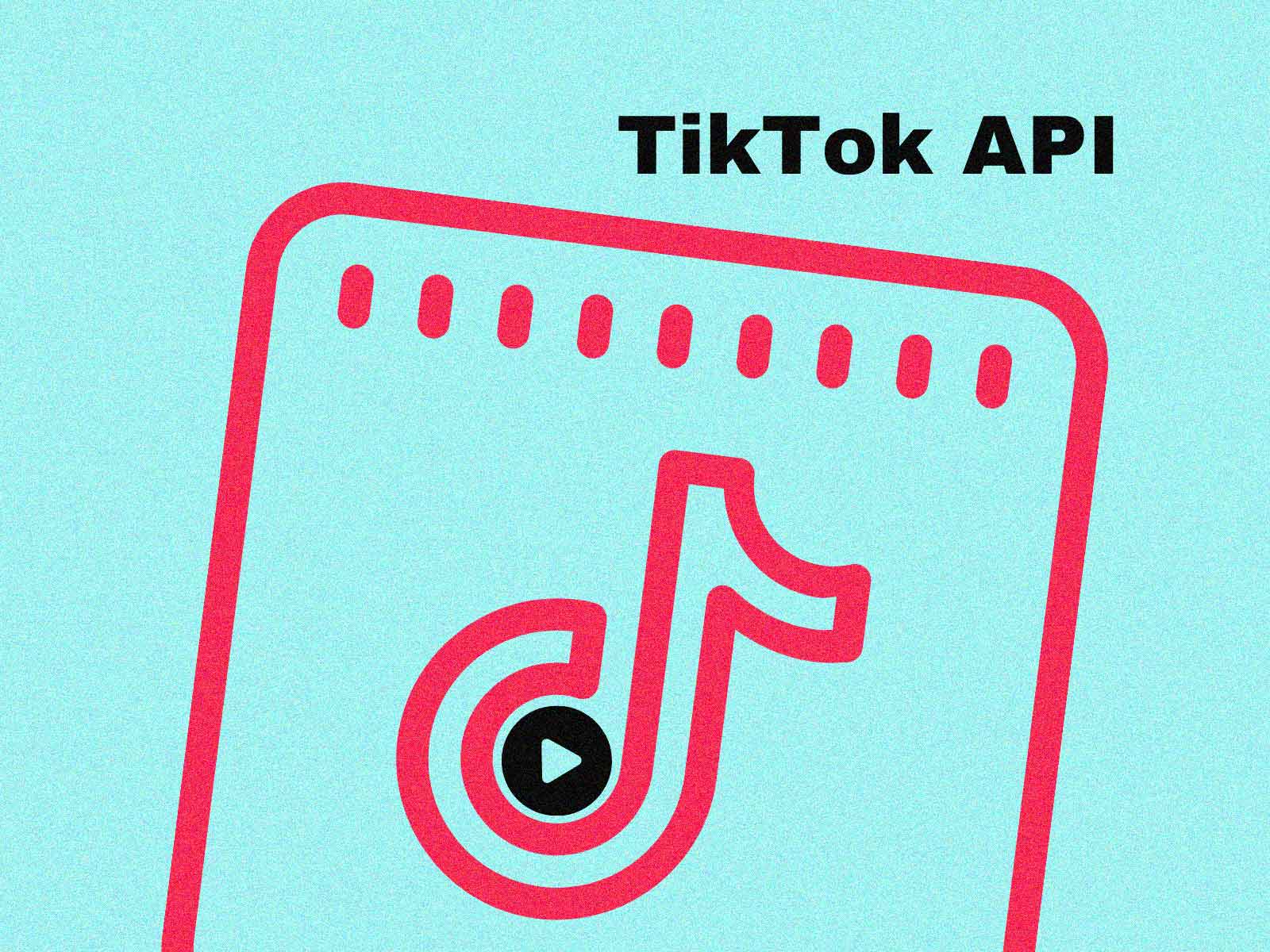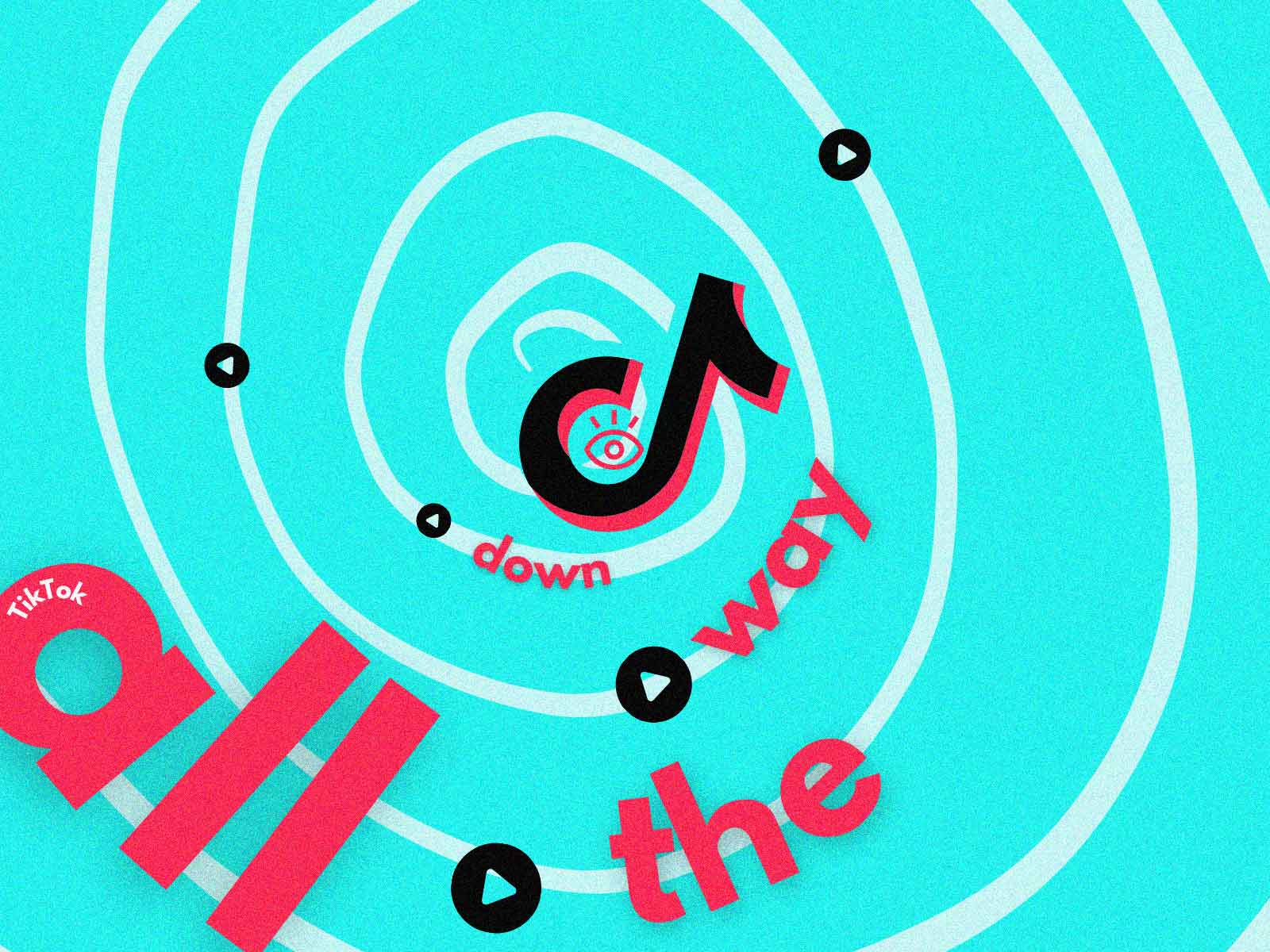“Even the most niche can find their tribe on Tiktok”. Tiktok is where people seek the new, the fun, the unexpected. At least 46% of the audience said so. Characterized by their open-minded nature, the community is already showing lots of love for small biz. #SmallBusinessLove hashtag alone has 160 M views. The broader #Smallbusiness got a whopping 34B views. Then you have a magic algorithm that promises to find an audience pool for your content. All sounds like a sweet deal. Do you even need Tik Tok ads after all?
Blog
Are you looking for ways to get access to and embed TikTok content into your website or app?? We’ve done some research and compiled a detailed TikTok API tutorial to give answers to the questions asked by many. Read this article to get the answers to the most commonly asked questions.
Asians said that: Master yourself, master the enemy. Today in the new era of e-commerce is no exception, especially for businesses. To maximize sales, they realized they needed to understand their customers more than ever. Like Facebook, TikTok has developed pixels and APIs to help businesses better understand user behavior. So which one is suitable for your business? Let’s read the article below to better understand the benefits of each and what we must consider.
So here is the TLDR version if you have to go: Tiktok is a new kid in town that quickly rises to stardom. Recently hit 3B downloads, making it the 5th non-game, non-Facebook app to cross the threshold. Spans over 200 countries. Audiences who're twice the age of the so-called target demographic (the kids and teens) are also jumping on the bandwagon. Think 40-year-old + men and women. Marketers are rushing to profit from it. There is a pretty eerie reason behind why Tiktok is so addictive, and why anyone (including SMEs) can gain huge traction there. Without a deep wallet. It’s inescapable now, so read on if you don’t wanna miss the deal, before the market is saturated!
PayPal has made the latest updates on 30th June 2021 about their price changes. They claim this change will be effective for PayPal accounts of US residents on 2nd August 2021 which might influence the small or medium businesses.




